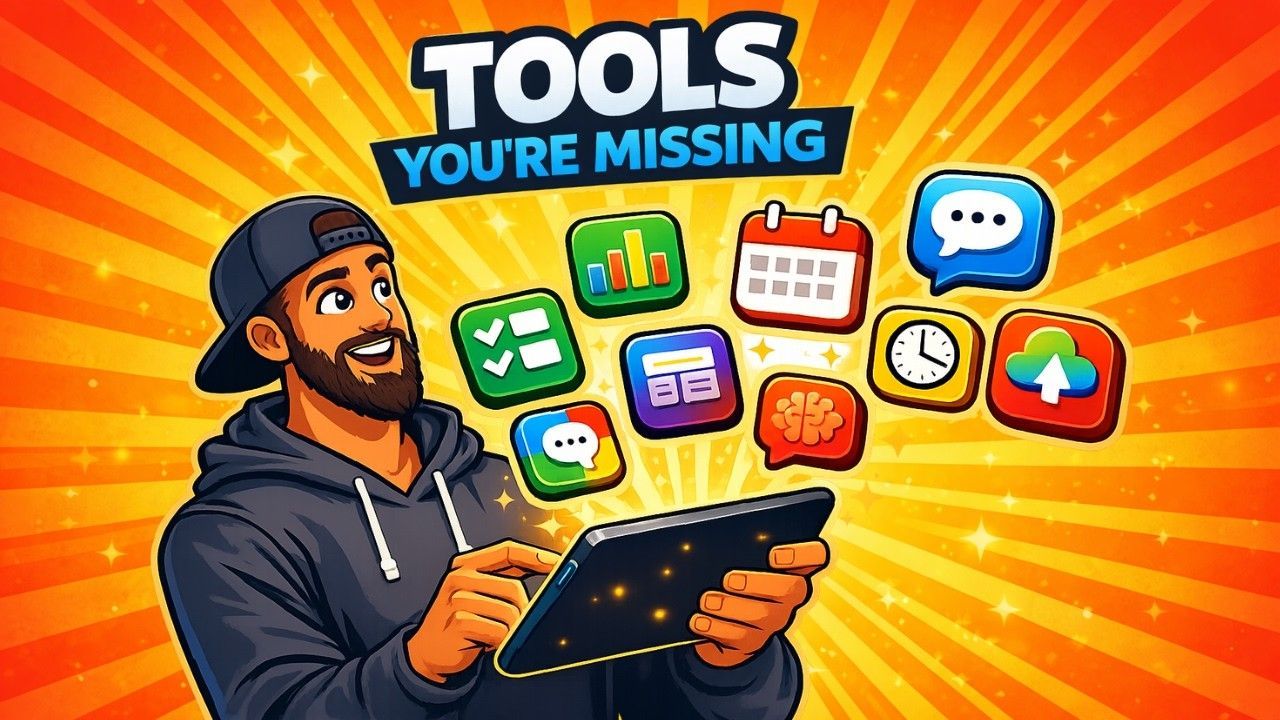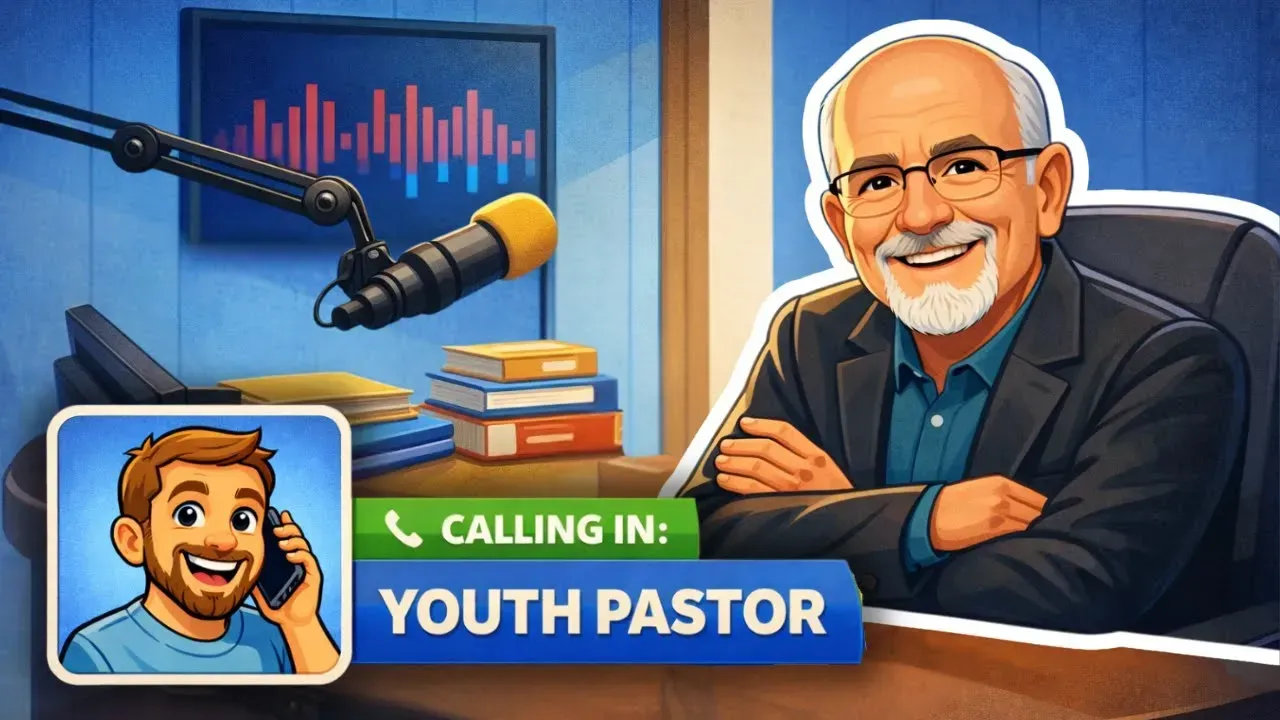Event Planner or Youth Pastor? The Top 4 Signs You're Settling for Less In Youth Ministry | Ep. 62
Are You a Youth Pastor or an Event Planner? A Critical Look at Youth Ministry
A recent episode of the "Beyond the Youth Room" podcast tackled a crucial question for youth leaders: Are you truly shepherding young people, or have you become primarily an event planner? Hosts Ryan and Keith shared their experiences and offered a self-assessment for those wondering if they've fallen into the "event planner trap."
The podcast began by highlighting the potential dangers of prioritizing events. While events can be valuable tools, they shouldn't be the primary focus of youth ministry. If events are seen as the main way to attract new visitors or encourage existing students to invite friends, it raises a red flag. This approach can suggest that students are drawn to the entertainment value rather than genuine gospel transformation.
The conversation explored how an over-reliance on events can create a culture of consumerism within the youth group. The hosts shared a personal anecdote of a past ministry that was heavily event-driven. They described a packed schedule filled with weekly programs, monthly mega-events (including car shows with Formula 1 drivers!), and annual extravaganzas like a "terror maze" and a "mud run." While these events drew large crowds and generated some positive outcomes, the constant planning and execution created a "hamster wheel" effect, leaving little time for genuine discipleship.
This experience led the hosts to develop a four-question quiz to help youth leaders evaluate their own ministries:
- Do you view events as the primary way to get new visitors? If events are your main strategy for attracting new students, it indicates a potential over-reliance on entertainment.
- Do you fear students will disengage if you don't have fun events? This fear suggests that you may be winning students with entertainment rather than the transformative power of the gospel.
- Do you "save" gospel invitations for outreach events? This is a major red flag. The gospel should be presented regularly, not just at special events. Every week should offer an opportunity for students to respond to God.
- Do you feel pressure to put on events? This pressure can be internal (a need to justify your role) or external (from senior leadership, parents, or even students).
The podcast explored internal and external pressures in more detail. Internally, some leaders feel the need to constantly "do more" to justify their position. Externally, pressure can come from various sources within the church. The hosts emphasized the importance of understanding the Pareto principle (the 80/20 rule), which suggests that 20% of your efforts yield 80% of your results. Event planning likely falls outside that crucial 20%. They suggested shifting focus from event preparation to prayer and intentional discipleship.
The discussion also addressed when it is appropriate to say "yes" to an event. The hosts offered three guidelines:
- Does it help reach a specific group of people who might be difficult to reach otherwise? Events can be effective outreach tools for targeted demographics.
- Are you celebrating something significant? Events can be a great way to celebrate God's work and foster community.
- Will it help reach the lost? Ultimately, the goal should always be to expand the reach of the gospel.
Finally, the podcast offered some practical "hacks" for simplifying event planning. One suggestion was to shift from on-site events to outings at local businesses, reducing the need for extensive preparation and logistical arrangements.
The core message of the podcast is clear: While events can play a role in youth ministry, they should never overshadow the primary goal of making disciples. Youth leaders should prioritize spiritual formation, equipping students to share their faith, and fostering a culture of genuine gospel transformation.











